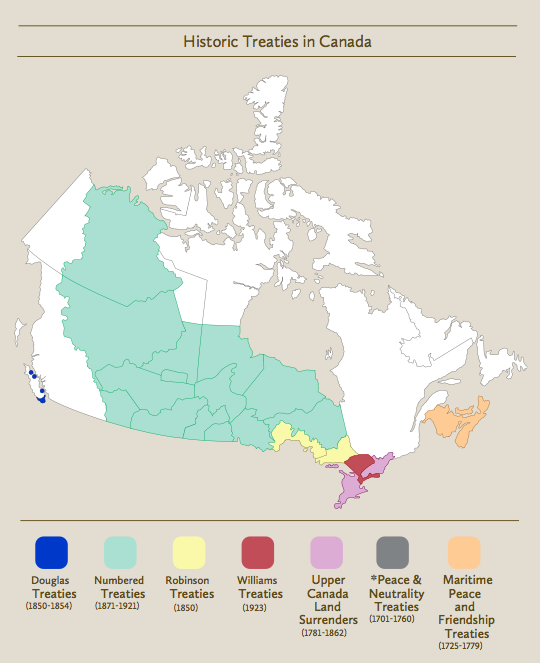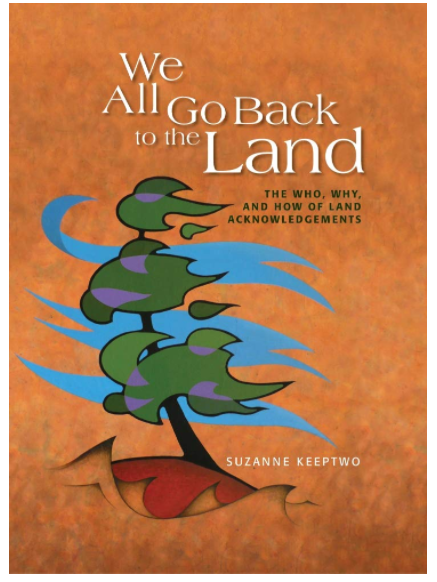Hayden King is a professor of Indigenous politics and policy at Ryerson University. In an interview on the program CBC program, Unreserved, he discusses the territorial acknowledgement that he wrote for the University in 2013. As these acknowledgements become more commonplace he addresses how they have become superficial and ineffective, doing a disservice to the treaties. He would like to see the acknowledgements updated to include a statement of action at the end. “This is the land that we’re on and this is what we’re going to do to breathe life into our obligations to those communities and those treaties.” (King, 2019)
CBC Radio. (2019, January 18). ‘I regret it’: Hayden King on writing Ryerson University’s territorial acknowledgement. https://www.cbc.ca/radio/unreserved/redrawing-the-lines-1.4973363/i-regret-it-hayden-king-on-writing-ryerson-university-s-territorial-acknowledgement-1.4973371


